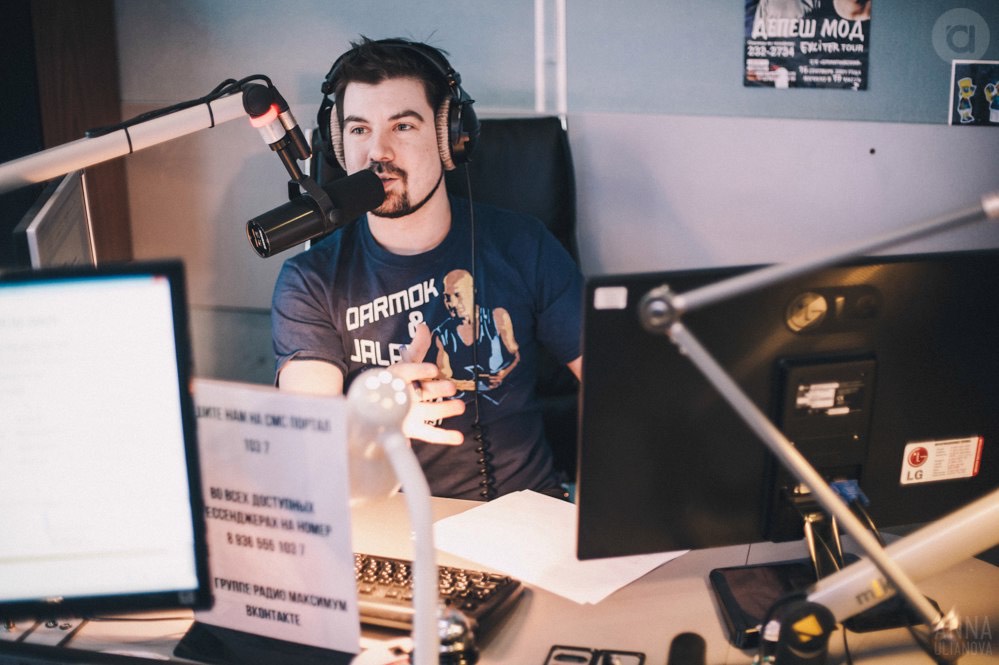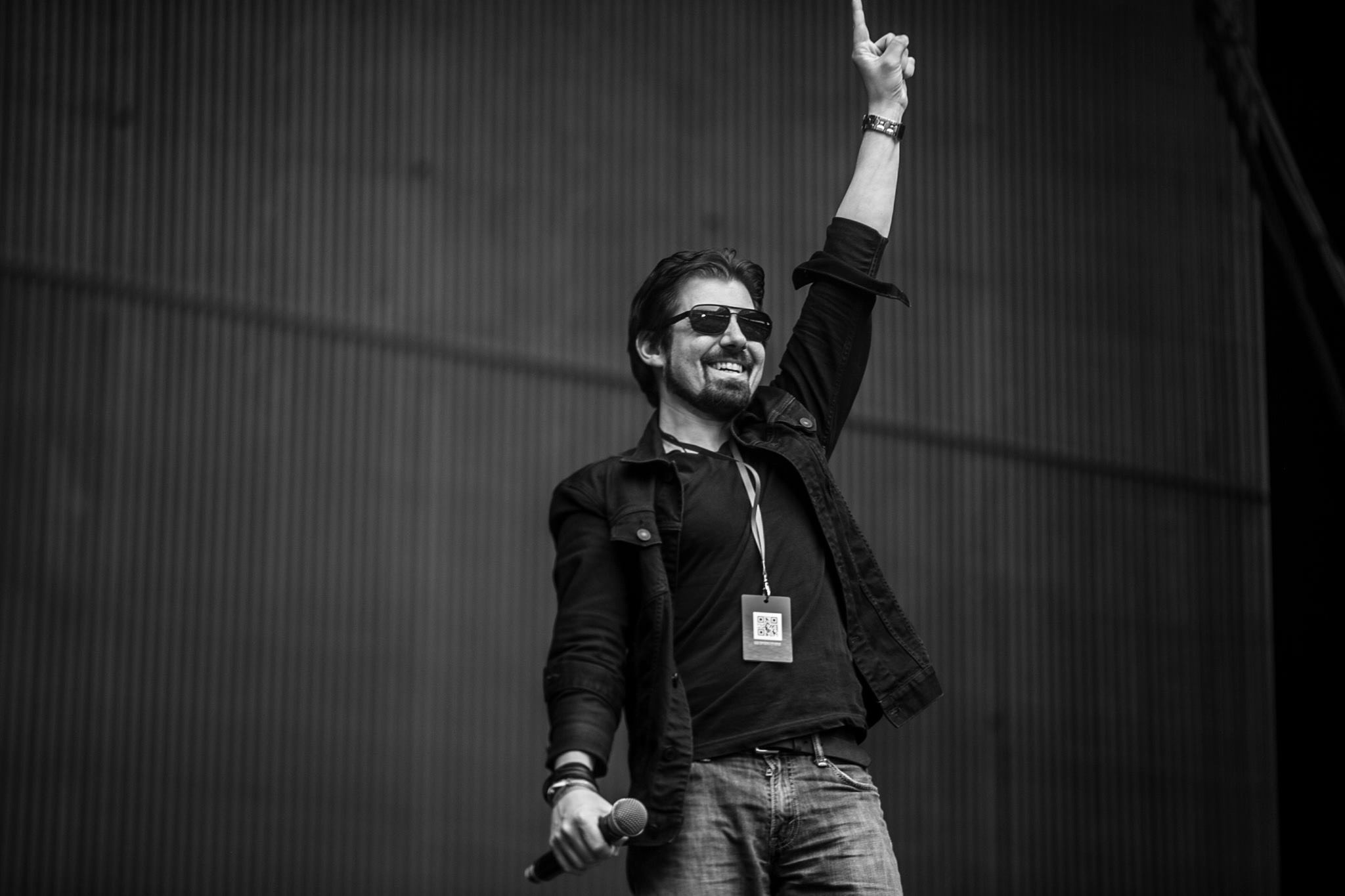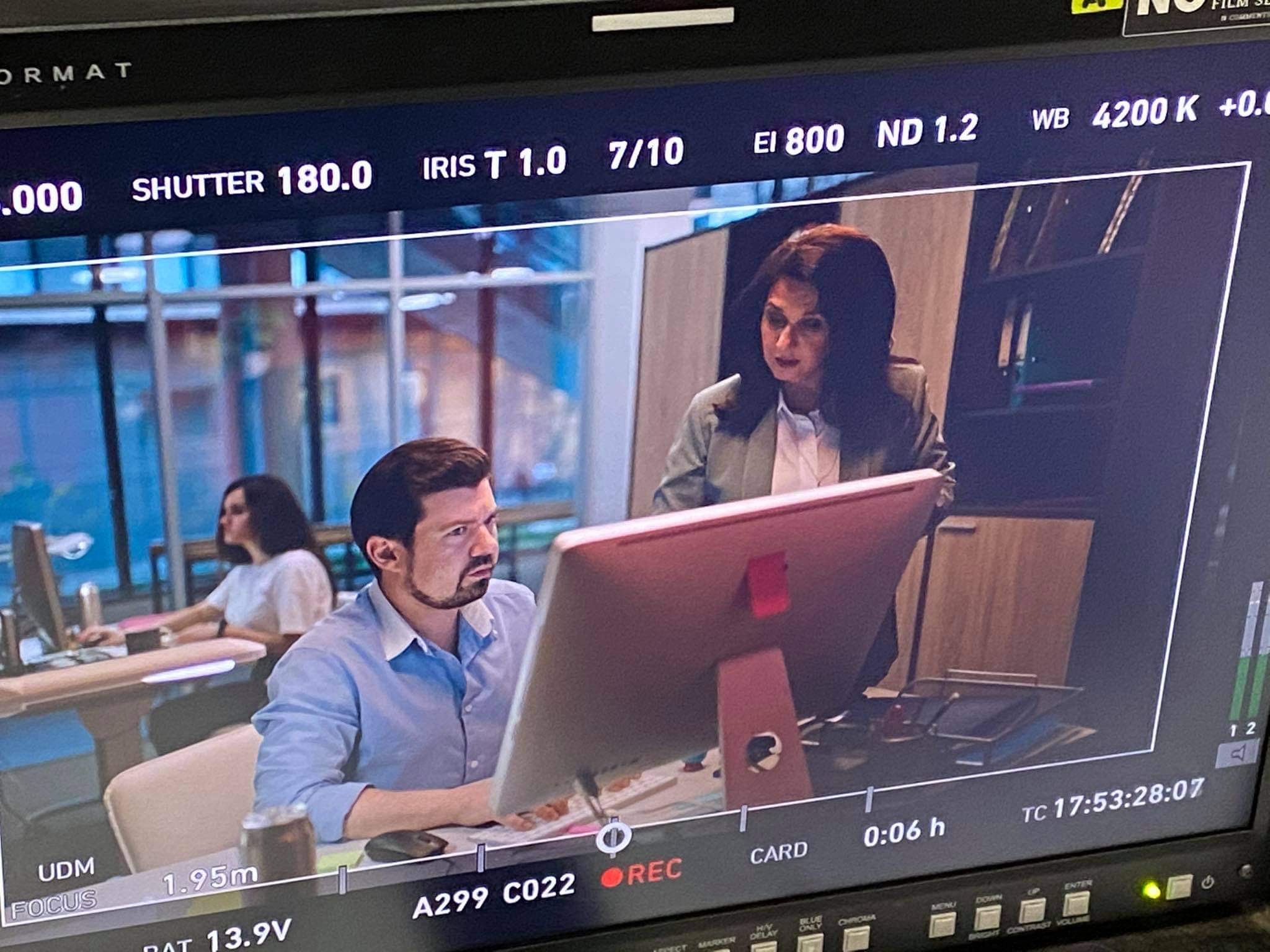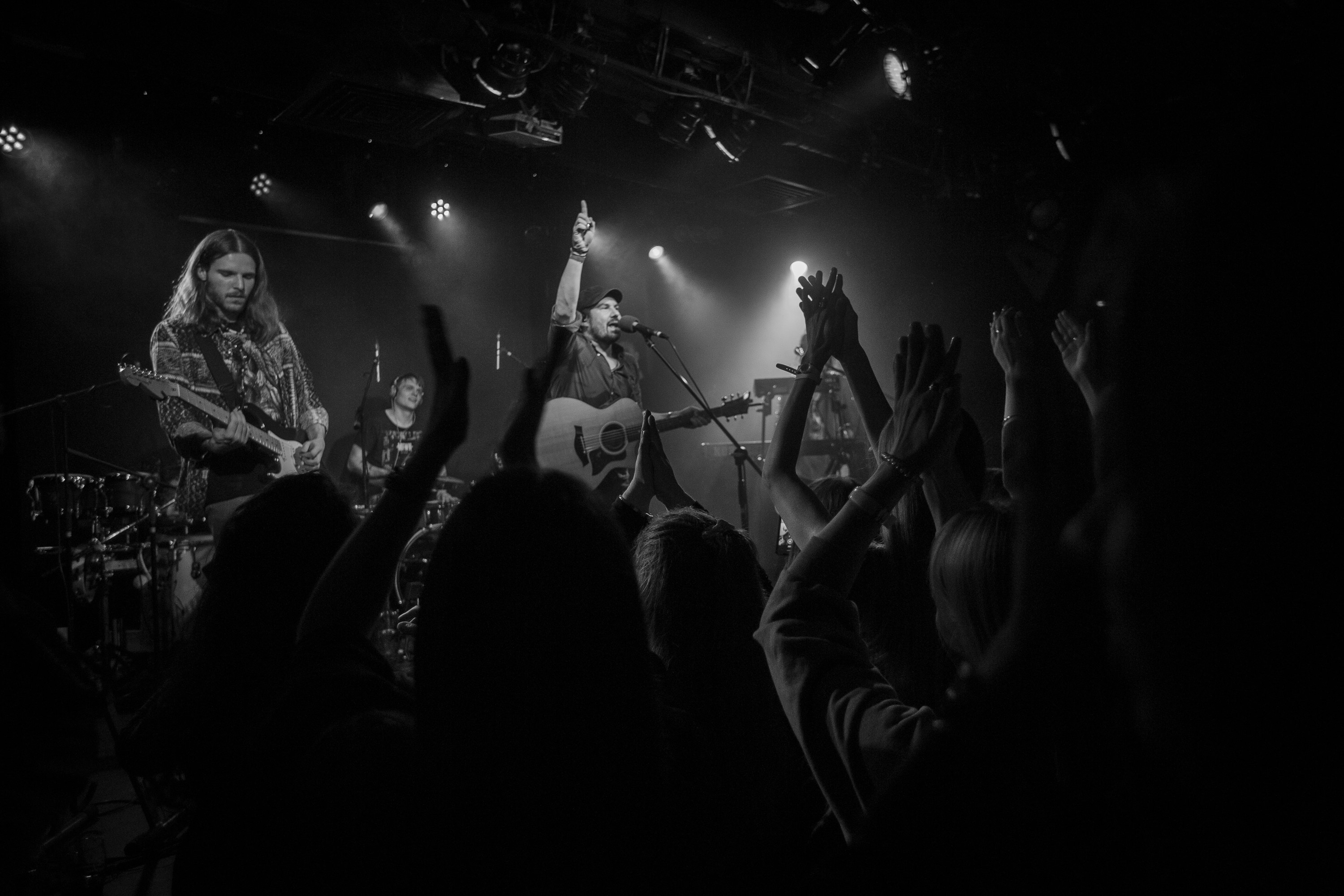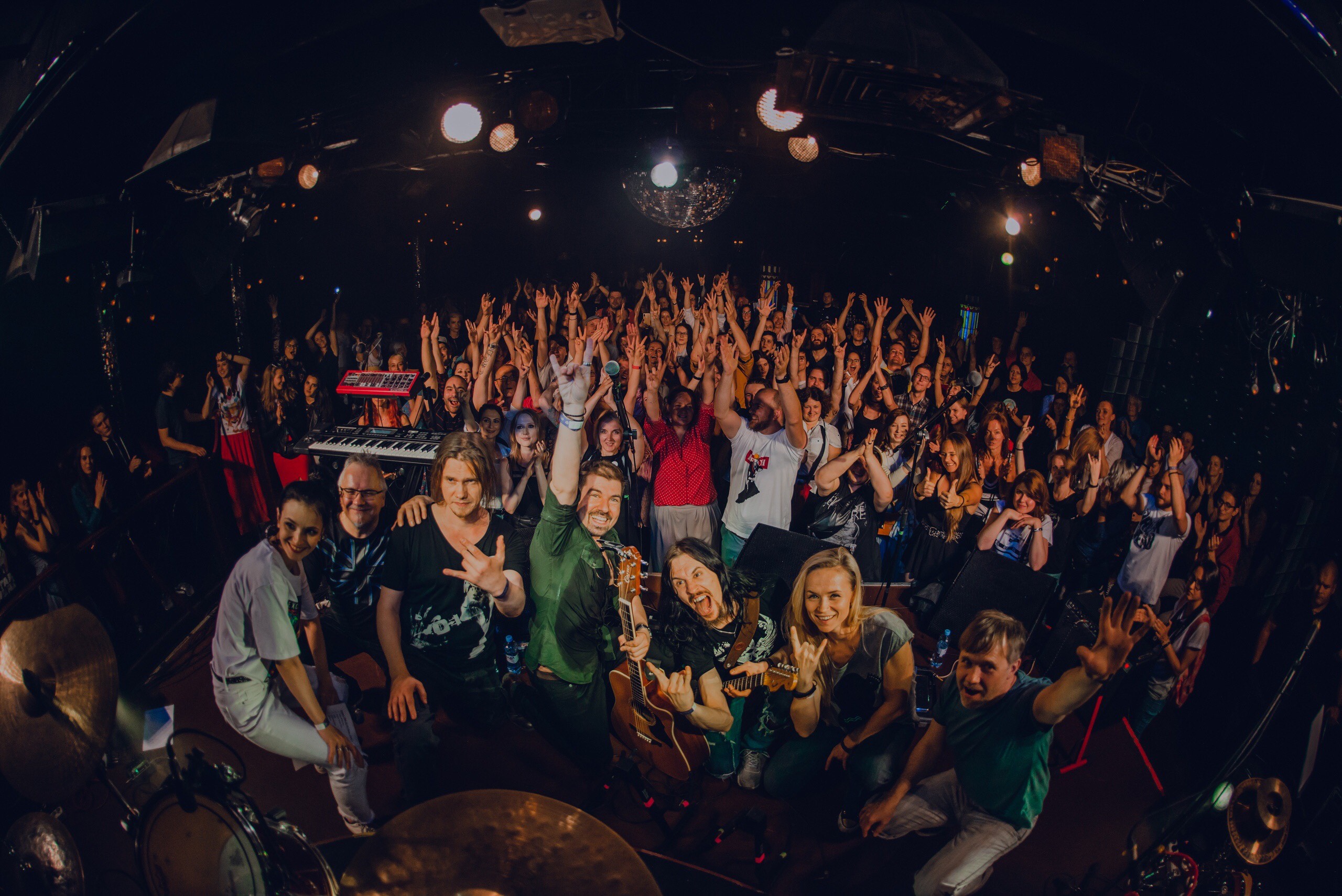News
News
If Not Now, When?: Adam Muskin on his Exodus from Russia
April 2, 2024 | General News
On Passover, we reflect on freedom and oppression, exodus and displacement—not just in the Biblical story but throughout the ages and across the globe. In that spirit, Central member Adam Muskin shares the story of his own exodus from Russia at the outset of the Ukrainian invasion.
It was around 10:00 am on a Thursday morning I picked up my phone and opened a text message from my girlfriend. “It’s started. The Russians are invading my country!”
I knew it was true, but at the same time, my mind refused to comprehend it. And yet, I had been one of the few telling anyone who would listen that the situation on the Ukrainian border looked increasingly perilous, that this would end poorly and in blood. Only I wasn’t reading the headlines from New York. I was reading them every morning from my apartment in the center of Moscow, the city I had called home for 20 years.
I first came to Russia as an acting student in 2001, enamored with Stanislavsky, curious about Chekhov, and excited for the challenge of a new language and culture. I was in love with the idea of living a life less ordinary, I wanted a grand adventure. What was supposed to be four years turned into what looked more and more like a permanent move with each passing year, each new success.
As an American and a Jew, my decision to move to Moscow was questioned by many. Was this not the country that my very own ancestors had fled 100 years ago because of its history of antisemitism and political instability? But I brushed these concerns aside. Even though there were some echoes of the past, it was never enough to convince me that Russia wasn’t changing, outgrowing its history.
And it was hard to argue with the fruits of my labor. By February 2022, I was the host of a prime-time rock radio show that broadcast to half the country, and I was acting on film and TV. I had a rock band, played in some of the best venues in town, and had an extensive theater resume, all in two languages.
I had watched for 20 years as Putin slowly but surely eroded the rights of his citizens and, like many, waited patiently for the day he would finally depart. But what I witnessed that week when the masks came off was eye-opening, even to me. It forced me into the largest, most serious ethical dilemma of my life. When faced with what can only described as ‘evil,’ what was I going to do? For answers, I would turn to a place I had turned so many times before when faced with difficulty: my moral compass, my Judaism.
As Jews, one way or another, we are all exposed to the teachings of Pirkei Avot, our ethical center. In my days at Hebrew school at Central Synagogue, we were taught about Hillel, the importance of debate, the gift of knowledge and law, and our responsibility to interpret them wisely. “If I am not for myself, who will be for me? Yet, if I am for myself only, what am I?” We all knew the words. “And if not now, when?”
“If not now, when?”
Indeed.
I had lived in Moscow for twenty years and watched the screws tighten further and further, and I had made many compromises to safeguard the beautiful life I had built. Who wouldn’t? I had always tried my best to stay out of and above Russian politics unless I felt it absolutely necessary. But now, as the world reinvented itself before my eyes with dizzying and deadly speed, it seemed there could be no more patience, no more silence, no more room for moral compromise. So I spoke out publicly online.
I once joked 10 years ago that I’d consider leaving Russia when they banned Facebook, a declaration so absurd I thought it could never happen. Now Facebook and Instagram were designated as terrorist organizations. Telephones were seized and searched by riot police on the street for Western news apps without warning or warrants. If any such apps were found, the owners were detained, fined, or worse. The police were knocking on the doors of those who had posted “no to war” on their social pages.
Meanwhile, on the other side of the border, my friends in Ukraine were crying out, screaming to be heard, begging all of us to do something as they ran to the bomb shelters, grabbing whatever they could to fend off the invasion. I knew that by continuing to speak out, I was running a great risk. But if ever there was a time to speak, this was it.
“If not now, when?”
I received a stern and bizarre warning from the CEO of the media holding I worked at. I had been anonymously reported for posting on the morning of the full-scale invasion. “If you’ll be prone to emotional outbursts of this nature,” he said, “you could be construed as supporting terrorism and fascism. We might not be able to protect you.” My mind reeled. Charged with terrorism? For saying “No to War” on the internet? It was Orwellian.
All of us in Russia were faced with a terrible choice. What do we do? Do we speak out and face swift retribution? How can we stay silent when our friends, and in some cases, our family are being bombed?
“If I am for myself only, what am I?”
Hillel’s words rang in my head with overwhelming clarity. After all, I knew people in Kyiv, I had swum at the beach in Odesa, I had been to some of the suburbs where the fighting was raging.
At this point, it became clear that continuing to speak out meant leaving, giving up everything I had worked toward for my entire life. My dreams, my accomplishments, my home with all my possessions, my closest friends, my artistic family, my very identity. This was the choice before anyone with a foreign passport: silence or exile. You could keep your life for a piece of your soul, just how large a piece to be determined at a later date; they would take more eventually, you could be sure. Your silence for your comfort.
“What am I?”
It wasn’t long before I made what was at once the simplest and the most difficult decision of my life. “I have a flight on Saturday,” I texted my girlfriend a few days later. “There are rumors they’re going to close the border. I’ll meet you in Yerevan. If that doesn’t work out, I’ll get a new ticket at the airport for Turkey, I have the cash. I’ll let you know when I land.”
“Just go! Get out now!” she answered. “Wherever you go, it doesn’t matter. I’ll find you.”
Two years later, the conflict is still raging. Hundreds of thousands dead, even more injured. Millions of Ukrainians displaced, with no way to know if they’ll ever be able to go home. And our own political intransigence in the U.S. is putting victory within reach for Putin.
My girlfriend and I are in New York, and while I am reunited with my family, she is separated from hers. We are struggling to reinvent our lives in America. Every day, we ask ourselves, “Who are we now?” While much of that question remains unanswered, at least part of the answer is clear. Part of my new purpose here is to talk about our experiences, to speak up in support of Ukraine, and to speak out for the Russians who have been silenced by the terror of their own state.
After October 7th, our eyes and hearts as Jews were immediately drawn to the war in Gaza, to the safety of our friends and relatives in Israel, and to the lives of Palestinian civilians caught in the crossfire. Yet, in this moment, we must show the world that we as American Jews can walk and chew gum at the same time. That while perhaps the war in Gaza may be emotionally closer to many of us, our hearts know no limits when called to stand up for basic human decency, for justice.
Jews have never been “only for ourselves.” Central Synagogue helped cement that core ethical tenet of my faith many years ago. To be a Jew means to stand for others in their moments of need. And so, in keeping with Pirkei Avot, in keeping with the same moral compass that has led me here today, I ask that all of us remember to support Ukraine, either by donating, calling attention to their plight publicly, engaging in conversations, or calling our representatives. It is on us not to give in to apathy or sorrow; we must look tyranny in the eye and say, “We remember. Never again.”
If not now, when?
News by category
Contact
Please direct all press inquiries to Central’s Communications Department via email at .(JavaScript must be enabled to view this email address), or phone at (212) 838-5122 x2031.
